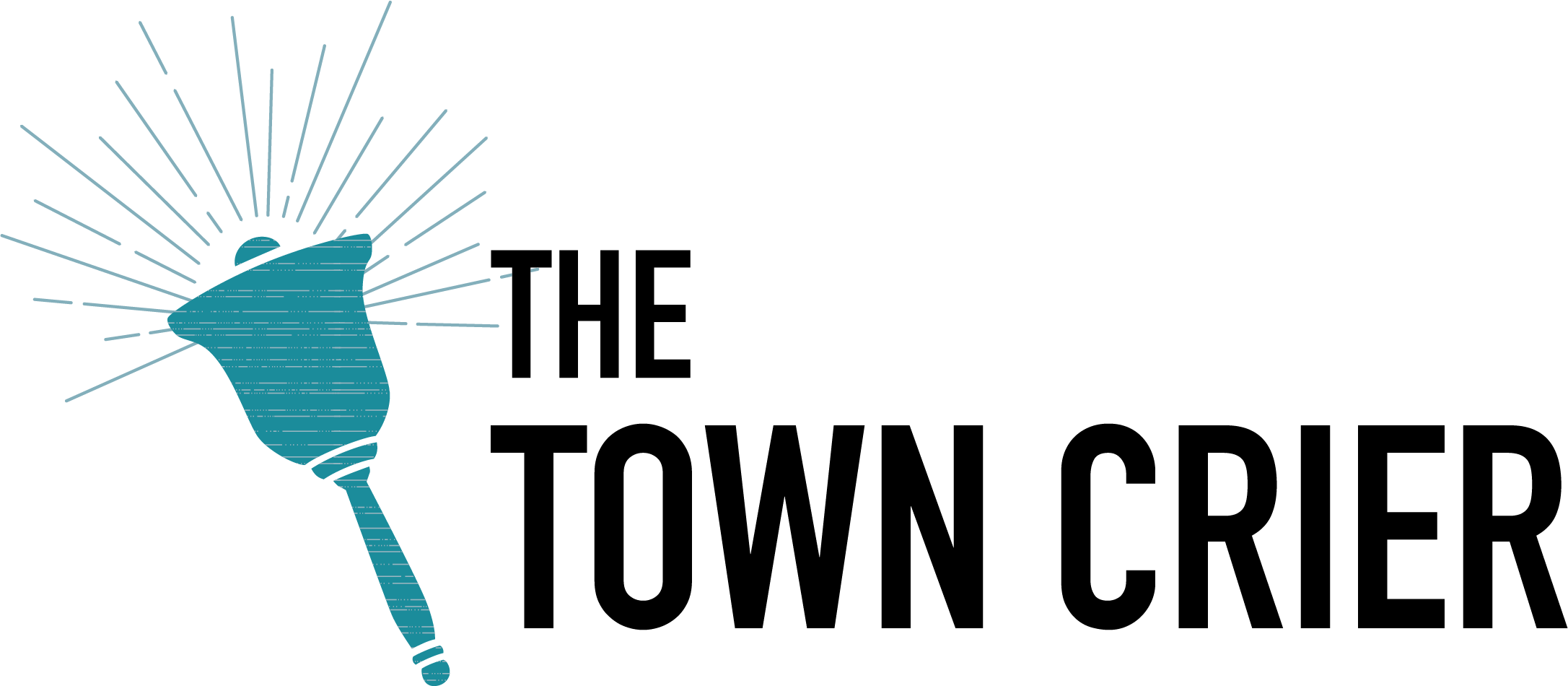Lots to Chew Over

Hear Ye, Hear Ye
It’s time to open the kimono and reveal some of the thinking that we have been developing to inform the work of the Centre of the Public Square.
Next Wednesday (July 17) I’m speaking at the John Cain Lunch where I’ll be unveiling what I’m calling the ‘Civility Manifesto’ – a call to shift the way we arrange our civic lives from the point of conflict to the point of connection.
I’ll be outlining some of the work I’ve been doing testing my thesis around last year’s referendum campaign, my working in the disability sector, the renewable energy transition and the rise of AI.
The event will be held at Melbourne University over rubber chicken and cheap wine and will also be streamed live.
You can book tickets for the lunch up until COB Friday or book to join the stream any time up until lift-off.
Burning Platforms
We hosted author Tracey Spicer to talk through her latest book ‘Man-Made’; a refreshingly clear-eyed look at AI from the perspective of a non-expert outsider.
It was a great chat and Tracey backed up the instincts of many parents that something is amiss with the current tech model with deep research into an industry that benefits from the mythologies it builds around itself.
Also this week:
· Who really runs Australian tech policy?
· What does the collapse of US privacy reform mean?
· And why is Dan perplexed about Perplexity?
Catch the latest episode of Burning Platforms on Apple Podcasts, Spotify, or the Per Capita website.
Or watch it here:
Policy Update
Jordan and I appeared to give evidence to the Joint Select Committee On Social Media and Australian Society. Here’s our opening statement:
I’ve got to say it’s incredibly frustrating to be presenting to yet another government inquiry dealing with the negative impacts of social media and the power of Big Tech.
Five years ago, the ACCC handed down its Digital Platforms Inquiry - a holistic response to the market power of Big Tech which set out inter-connected 23 recommendations to address the monopoly power of these businesses.
We all know the realpolitik that put the Media Bargaining Code at the head of the queue – and I supported it as an important part of the package of measures.
But it was never a standalone measure – the ACC presented an evidence-based action plan that included:
· Privacy – the foundation to a fair and safe internet – Lizzie will be going into in more detail in a minute
· Disinformation safeguards
· Copyright reform
· Digital literacy in schools and the broader community
· Support for public, local and public interest journalism including tax deductibility
· An ombudsman for complaints against platform providers
· Data portability
The list goes on.
The ACCC provided a comprehensive reform work plan and any discussion of the way forward from this inquiry might be to suggest you refer to the DPI as the original source material.
The only fair evaluation of the government response to this report would be to say: the dog’s eaten our homework. The ACCC chair this week made the same point more politely.
Coordination within Government Speed Hump
One of the barriers to implementing the DPI recommendations has been the fractured custodianship of reform across different ministries.
I stand to be corrected but on my count at least:
· Attorney General has privacy
· The Treasurer has the News Media Bargaining Code – although he has deferred to the Assistant Treasurer.
· He also has scams in his capacity as Financial Services Minister
· The Communications Minister has disinformation, media regulation, and support
· The Industry Minister has line of site on the demands of the tech sector
I’m sure I’ve missed a few but you get the point.
Regulating Big Tech is not just a policy challenge; it is also a coordination challenge and on this I fear government is failing the test.
Particularly galling has been the way some of the beneficiaries of the News Media Bargaining Code have worked to undermine the broader integrity of the report by pushing specific sectional interests.
Wrapping the DPI recommendations into a grand bargain between Big Tech, the media and the broader public would, we submit, lead to far better outcomes.
That’s why we advocate for either a senior Minister with over-arching responsibility for Digital Platform accountability or at least an internal coordination process to pursue these reforms in the form they were intended – as a package.
Finally, we need to build alternatives
While there are multiple inquiries underway what is most curious to us is the lack of attention in imagining alternate platforms for us to organise our civic life around.
A policy response focused on compensation for Big Tech power and policy Big Tech content inevitably embeds Big Tech as the host of our public square.
Is this really the best we can offer?
X is a cesspit, Meta is banning news, TikTok may or may not be a tool of state propaganda. Is the regulation of these companies sufficient to support a healthy democracy?
The focus of the Centre of the Public Square is to actively imagine, design, pilot and scale alternative models of civic connection.
We think government should be investing in multiple models including re-imagining public broadcasting, supporting community media, incubating for-purpose start-ups and social enterprises designed to anchor public discourse on the point of connection rather than the point of exploitation and conflict.
Obviously, these ideas are beyond the remit of this inquiry but should be a priority once the government implements the DPI recommendations in full.
What We’re Clicking
US Tech Regulation Blow – Brian Merchant explains how the US Supreme Court has dealt a blow to the regulation of the Big Tech platforms.
Climate’s Data Disaster - Canadian tech activist Paris Marx chronicles the slow walk about from net zero tech to the mass expansion of energy-hungry data centres.
Embedded Defence Systems – Australian Government announces massive $2 billion partnership with Amazon to build a ‘Too Secret Cloud’. Sadly the details also appear to be schtum.




